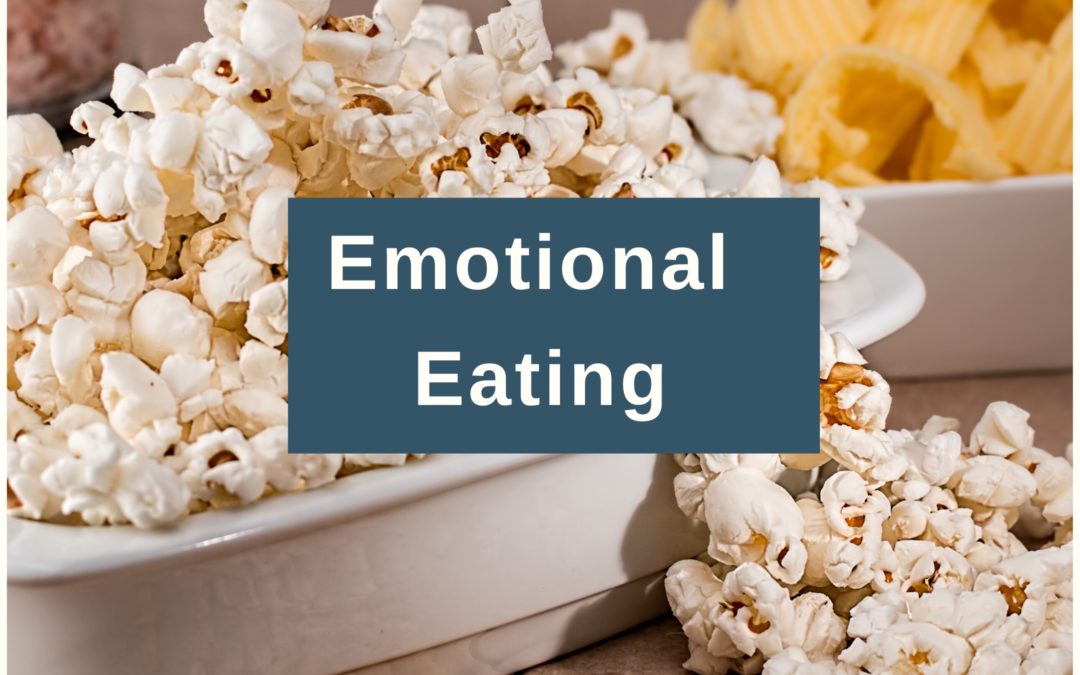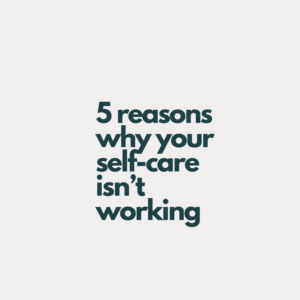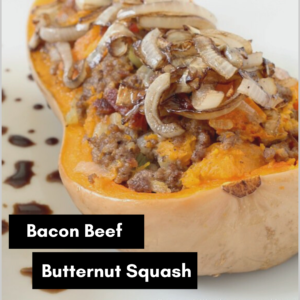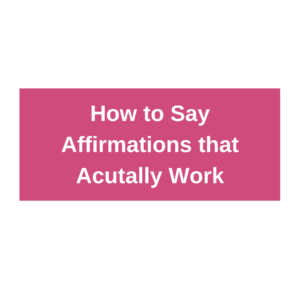I read a post today on social media from a clinical clinician commenting on emotional eating. She discussed how much she was bothered by another post that discussed how to end emotional eating, and she went on to share her beliefs that emotional eating isn’t the problem, especially because eating foods that bring you comfort can also bring you great joy. She stated that when we end emotional eating, we also end enjoying comfort food, savoring the cake at our child’s birthday, or appreciating a coping skill we once developed in an effort to be resilient.
I loved this post because she framed her view points in a way that caused me to think differently. In full disclosure, I’ve been guilty of using the terminology “end emotional eating” myself. Hell, just yesterday I created a post and wrote an email that probably used that exact statement. But when I discussed emotional eating, and ending it, I was more focused on helping individuals who used food to cope with uncomfortable emotions in a way that wasn’t serving them, and wanted to find other coping skills that benefited them more. My goal is never to deter those who ate things because it brought them comfort or joy, or to shame those who began utilizing emotional eating as a coping skill because it was the only way they knew how to cope in that moment.
But it did open my eyes to the fact that it’s always important to be careful of our language. That when we use absolute statements like “ending” something or “good” or “bad”, we may not be taking the whole situation into consideration. We may not be taking everyone’s personal situation into consideration. And this is just a good rule of thumb in all areas of life.
So here are my thoughts on emotional eating. It’s typically a coping skill, and one that an individual often adapts out of necessity, or because it’s modeled, or because someone doesn’t know how else to deal with stressors. It can be really effective for a lot of people, even if it only offers temporary relief. For many it becomes troublesome when it’s their only coping skills, brings physical and health changes as a result of overuse, or when individuals have feelings of guilt and shame (and self-defeating thoughts) that accompany it.
When we find something isn’t working for you anymore, it’s not about completely eliminating coping skills that once served you. Numbing through food, emotionally eating, creating food rules- they served a purpose for you at one point. Perhaps they were survival tactics. Perhaps you created them in an effort to be resilient. Perhaps it was the only way you knew how to cope. Creating things out of necessity can actually be a great sign of strength.
We don’t want to break those things down. Instead, it’s about becoming aware of how those behaviors may not be serving you now, accepting the reasons why, and filling your toolbox with additional tools that may offer more support.
As for having a relationship with food? The reality is, I am fully transparent about the fact that I have foods that bring me joy, foods that make me feel nostalgic, foods that bring me comfort. I eat the cake and my niece’s birthday party even when I’m not hungry because it’s part of the experience for me. I try a bite of my son’s breakfast simply because he wants me to share it with him. My goal is never to deter anyone from enjoying those moments. My belief is that that’s how we often find food freedom.
Sure, I like to help people find ways to not let food have so much power in their lives- I see it time and time again where people don’t want to have dinner with friends or go to a pool party or stress about vacation because they’re worried about what their diet would look like. In those instances I’m happy to help you reexamine your relationship with food. But my ultimate goal is to help people celebrate food and enjoy it, while also working through the uncomfortable emotions they may be experiencing around food. To help people cope effectively with those feeling. To help people redefine food rules and actually experience food differently. And to empower people to know they don’t have to “end” anything that’s still working for them.
Remember life isn’t all or nothing. There’s a lot of gray area in between, and majority of the time, that’s where the good stuff lives.
Ps. Check out Jennifer Rollin on instagram @jennifer_rollin for great content that inspires me.




